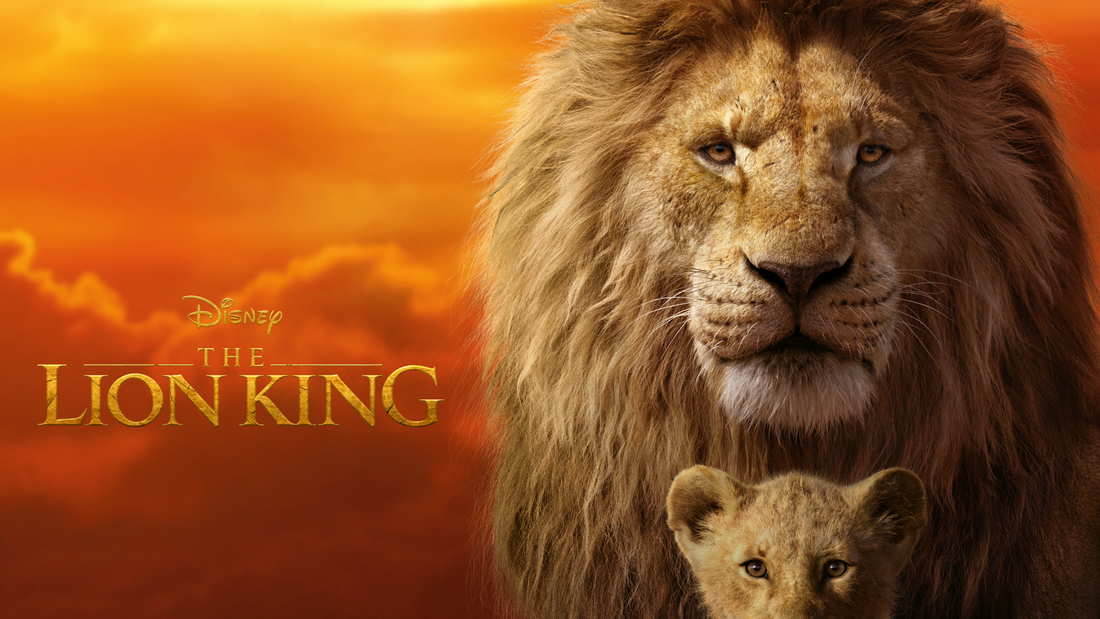|
It's been over 25 years since "The Lion King" roared its way into theaters, captivating audiences with its stunning animation, unforgettable music, and timeless story of love, loss, and redemption. But beyond its entertainment value, the film has had a profound impact on wildlife conservation efforts around the world. At its core, "The Lion King" is a story about the circle of life – how every living creature is interconnected and plays a vital role in maintaining the delicate balance of nature.
This message resonated with audiences of all ages, sparking conversations about environmentalism and inspiring many to take action in support of wildlife conservation. One of the most notable examples of this impact can be seen in the success of Disney's Animal Kingdom theme park in Florida. The park, which opened in 1998, was heavily influenced by "The Lion King" and other Disney films that celebrated animals and their habitats. Today, it serves as both a popular tourist destination and an important center for animal care and research. But it's not just theme parks that have felt the influence of "The Lion King." The film has also inspired countless individuals to get involved in conservation efforts in their own communities. From volunteering at local animal shelters to supporting global initiatives like WWF (World Wildlife Fund) or Panthera, people around the world have found ways to make a difference thanks to the messages they learned from Simba and his friends. Of course, it's not just humans who have been impacted by "The Lion King." The film has also played an important role in raising awareness about endangered species and their habitats. In particular, lions – which are among Africa's most iconic animals – have benefited from increased attention brought about by the film. According to Panthera CEO Dr. Alan Rabinowitz, "The Lion King" helped put lions back on people's radar when it comes to conservation issues. "People see lions as these powerful creatures that rule over everything," he explained in an interview with National Geographic. "But they're actually very vulnerable."
Indeed, lion populations have declined dramatically over recent decades due to habitat loss, poaching for their skins or body parts used in traditional medicine practices, trophy hunting for sport or as part of cultural practices like lion dancing performances during Chinese New Year celebrations among others. Fortunately, organizations like Panthera are working hard to protect these majestic animals from extinction. Through innovative programs like Landscapes & Livelihoods – which seeks to promote coexistence between humans and wildlife – Panthera is helping ensure that future generations will continue to be able to enjoy seeing lions roam free across African savannas. But while much work remains to be done when it comes to protecting our planet's wildlife populations, there's no denying that "The Lion King" has played an important role in bringing attention to these issues. Through its timeless story and memorable characters such as Mufasa (Simba’s father), Rafiki (the wise old baboon) or Timon & Pumbaa (the comic relief duo), this classic film continues to inspire new generations of environmentalists nearly three decades after its release. As we look back on this beloved movie today – whether we're watching it for the first time or revisiting it after many years – let us remember why it remains so relevant today: because we all have a part to play when it comes to protecting our planet's magnificent creatures. Whether we're supporting conservation organizations financially or simply making small changes in our daily lives that reduce our impact on nature (such as avoiding single-use plastics), every little bit helps when it comes to preserving our planet for future generations. So let us take inspiration from Simba himself: Remember who you are – a steward of this earth entrusted with caring for all its inhabitants great or small alike.
And may we always live up to that responsibility with courage, compassion and respect for all living things around us!
0 Comments
Leave a Reply. |
�
categories
Categories
All
|





 RSS Feed
RSS Feed